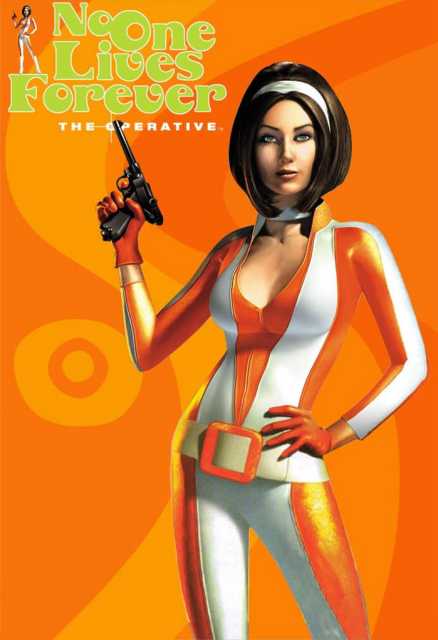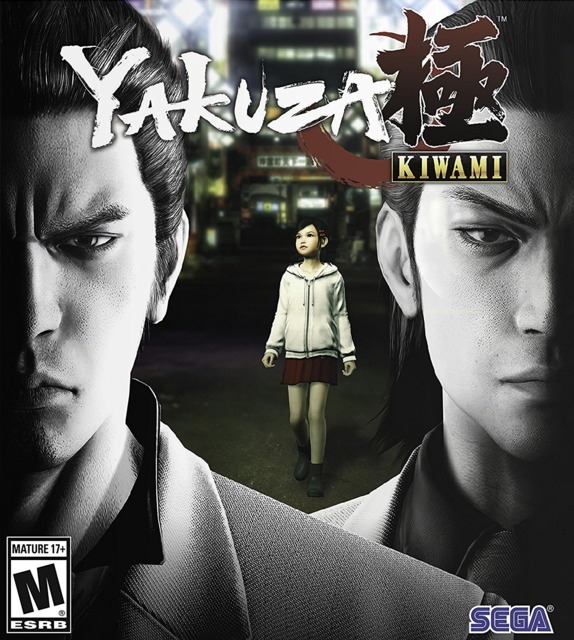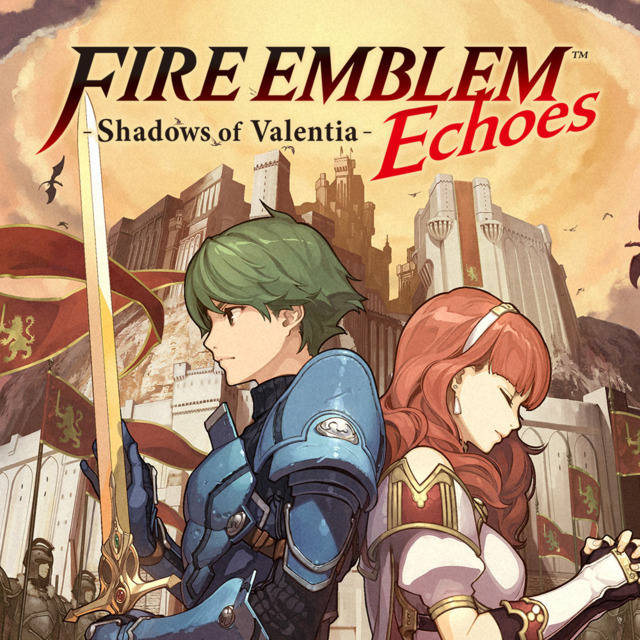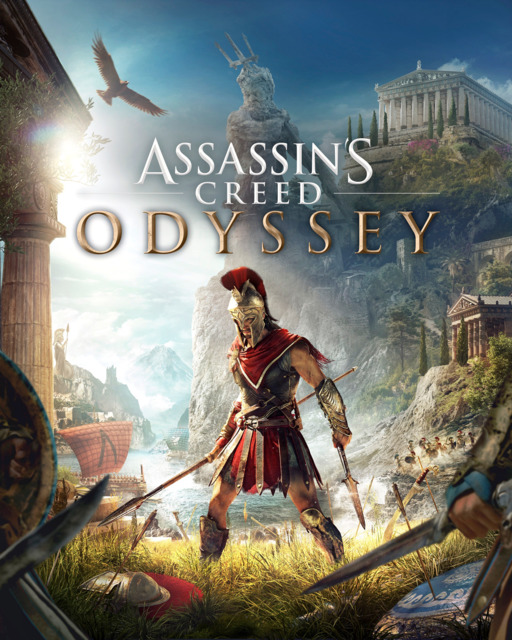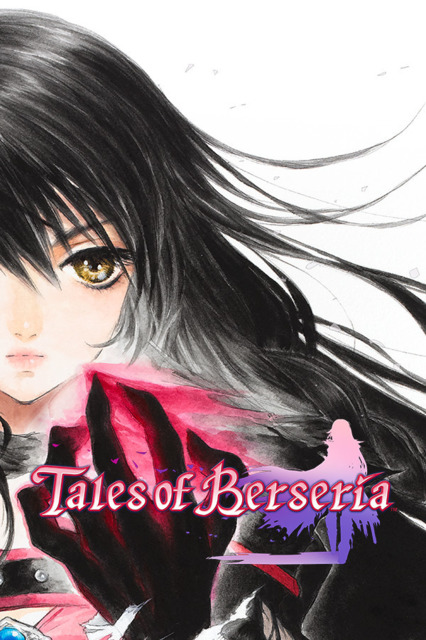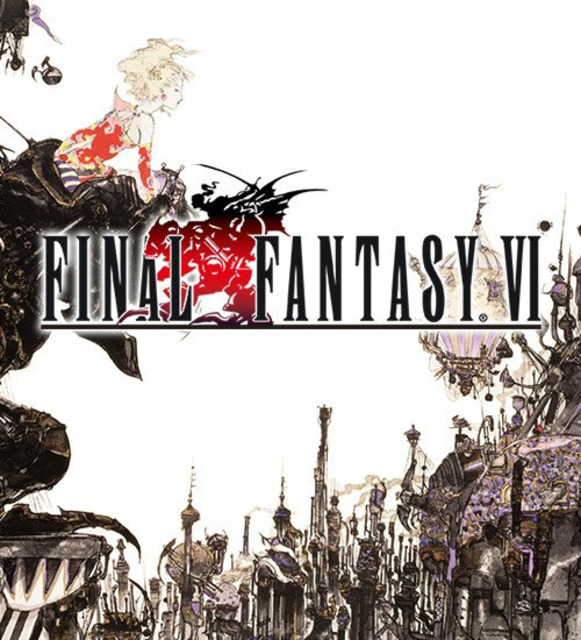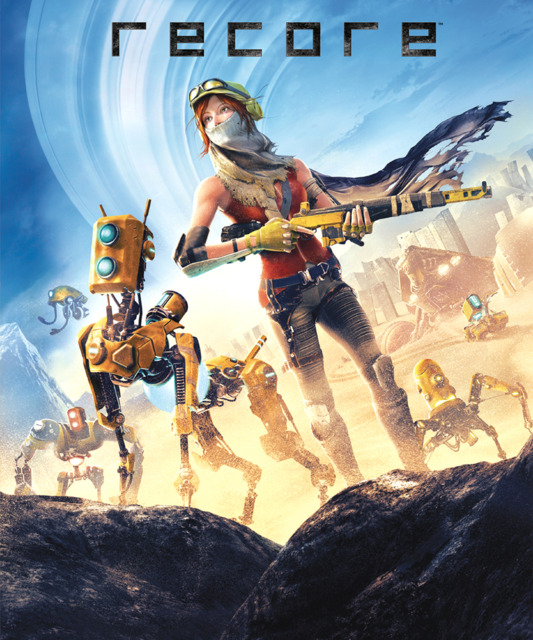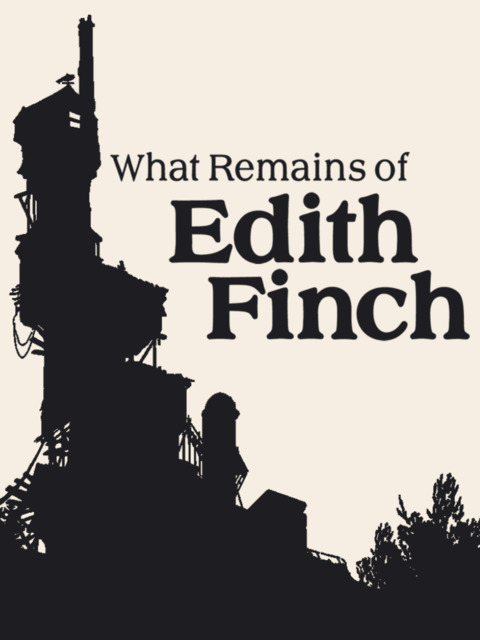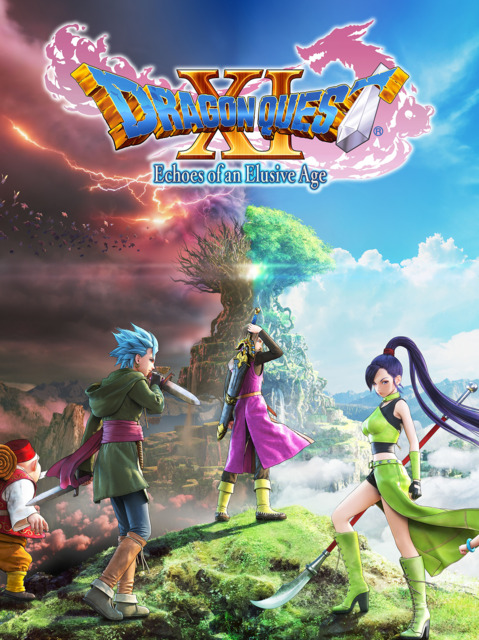Best New Old Games of 2019
Eligible list items are games that:
- I enjoyed playing
- I’ve never played to the end before
- weren’t released within the current year
- aren’t a remastered version of a game I’ve played to the end before
- are completed or reach a satisfying state of completion within the current year
Note: In the case that multiple titles from one franchise are eligible, only one will be allowed to be on the main list.
Note II: Why don't I have ten games listed? Shit happens.
2019 personal goals:
- Focus on games that originally released before the current generation of consoles (Xbox One, PS4, etc.).
- Finish games I started playing long ago.
2020 personal goals sneak peek:
- Play through the rest of the main Final Fantasy games I haven’t played yet (I, II, IV).
- Focus on games on Nintendo systems, subscriptions be damned.
- Focus on critically-acclaimed games.
Honorable mentions:
- 428: Shibuya Scramble - PS4 (2018)
- Battlefield 1 - PC (2016)
- BloodRayne 2 - XBOX (2004)
- Bloodstained: Curse of the Moon - XONE (2018)
- Dream Daddy: A Dad Dating Simulator - PC (2017)
- Fez - PC (2013)
- Fire Emblem Fates: Conquest - 3DS (2016)
- Full Throttle Remastered - PC (2017)
- Injustice 2 - PC (2017)
- Inside - PC (2016)
- Marie’s Room - PC (2018)
- Muramasa Rebirth - VITA (2013)
- No One Lives Forever 2: A Spy in H.A.R.M.'s Way - PC (2002)
- Return of the Obra Dinn - PC (2018)
- Shadow of the Tomb Raider - XONE (2018)
- Star Wars Battlefront II - PC (2017)
- Tales of Vesperia - X360 (2008)
- Watch Dogs 2 - PC (2016)
- Wolfenstein II: The New Colossus - PC (2017)
- Yakuza 6: The Song of Life - PS4 (2018)
“Meh”ntions:
- Assassin's Creed Origins - XONE (2017)
- Borderlands 2 - PC (2012)
- Call of Duty: Modern Warfare Remastered - PS4 (2016)
- Day of the Tentacle Remastered - PS4 (2016)
- Dead Rising 3 - XONE (2013)
- Final Fantasy III - PC (2014)
- Hellblade: Senua's Sacrifice - XONE (2018)
- Ico - PS3 (2011)
- Snoopy Flying Ace - X360 (2010)
- Tom Clancy’s Rainbow Six Siege - PC (2015)
Dishonorable mentions:
- Battlefield 4 - PC (2013)*
- Battlefield V - PC (2018)*
- BloodRayne - PS2 (2002)
- Diablo III - PC (2012)
- Duke Nukem Forever - PC (2011)
- God of War HD - PS3 (2010)**
- Kane & Lynch 2: Dog Days - PC (2010)
- Lost Planet: Extreme Conditions - Colonies Edition - X360 (2008)
- Prince of Persia: The Sands of Time - XBOX (2003)
- Resogun - PS4 (2013)
* Discontinued playthrough due to progress-blocking bug (Battlefield 4, Battlefield V)
** Discontinued playthrough out of frustration and watched someone else’s playthrough instead (God of War HD)

